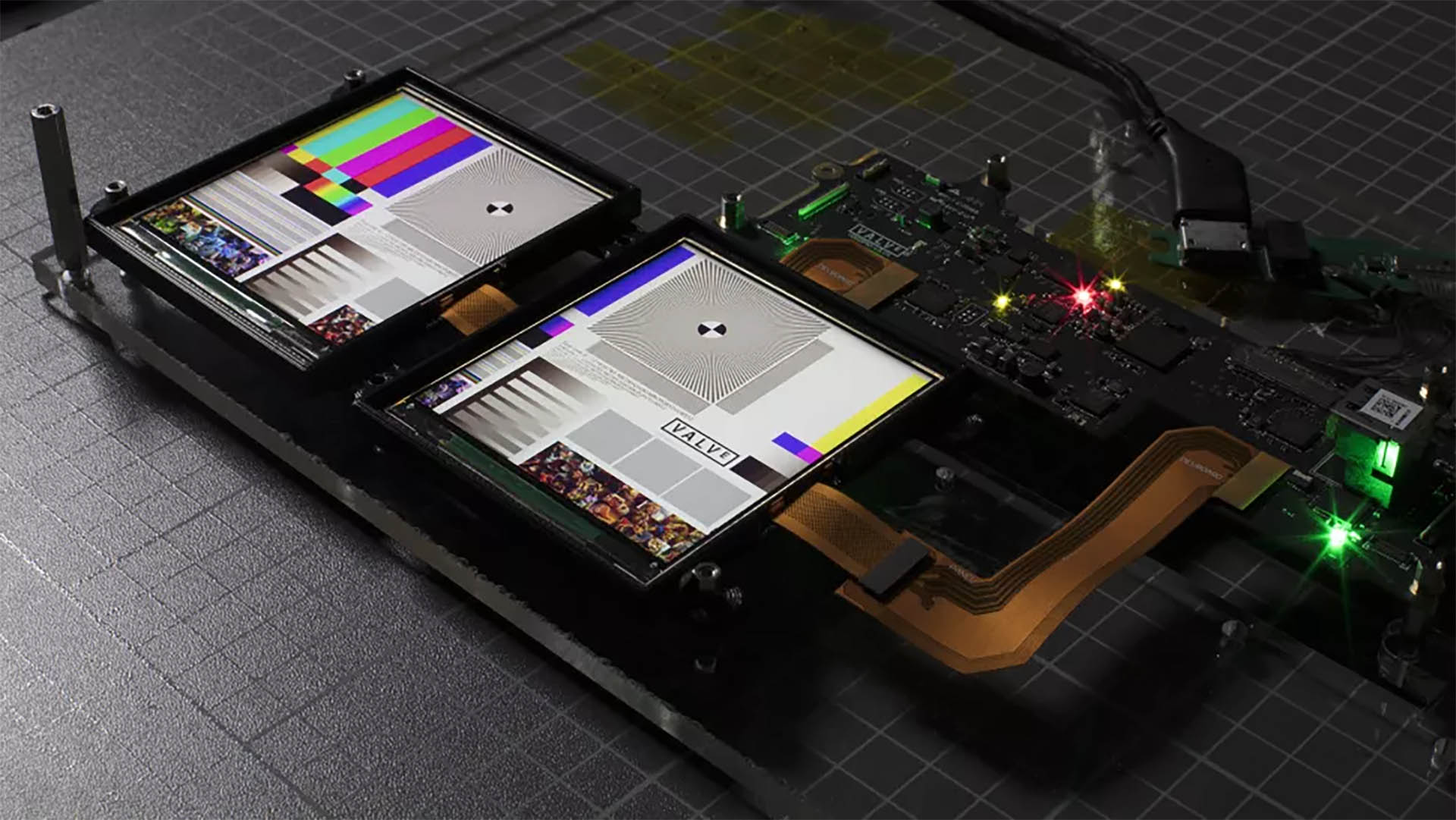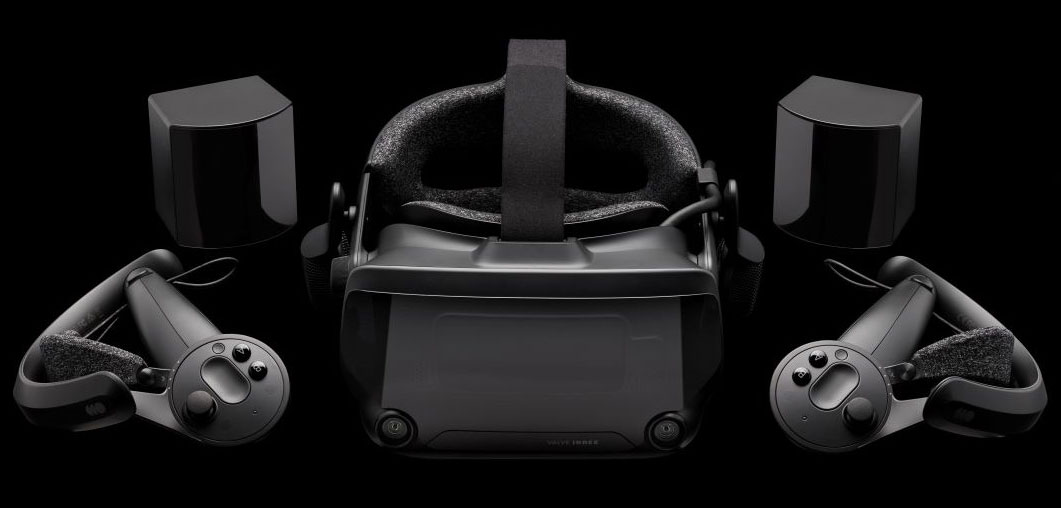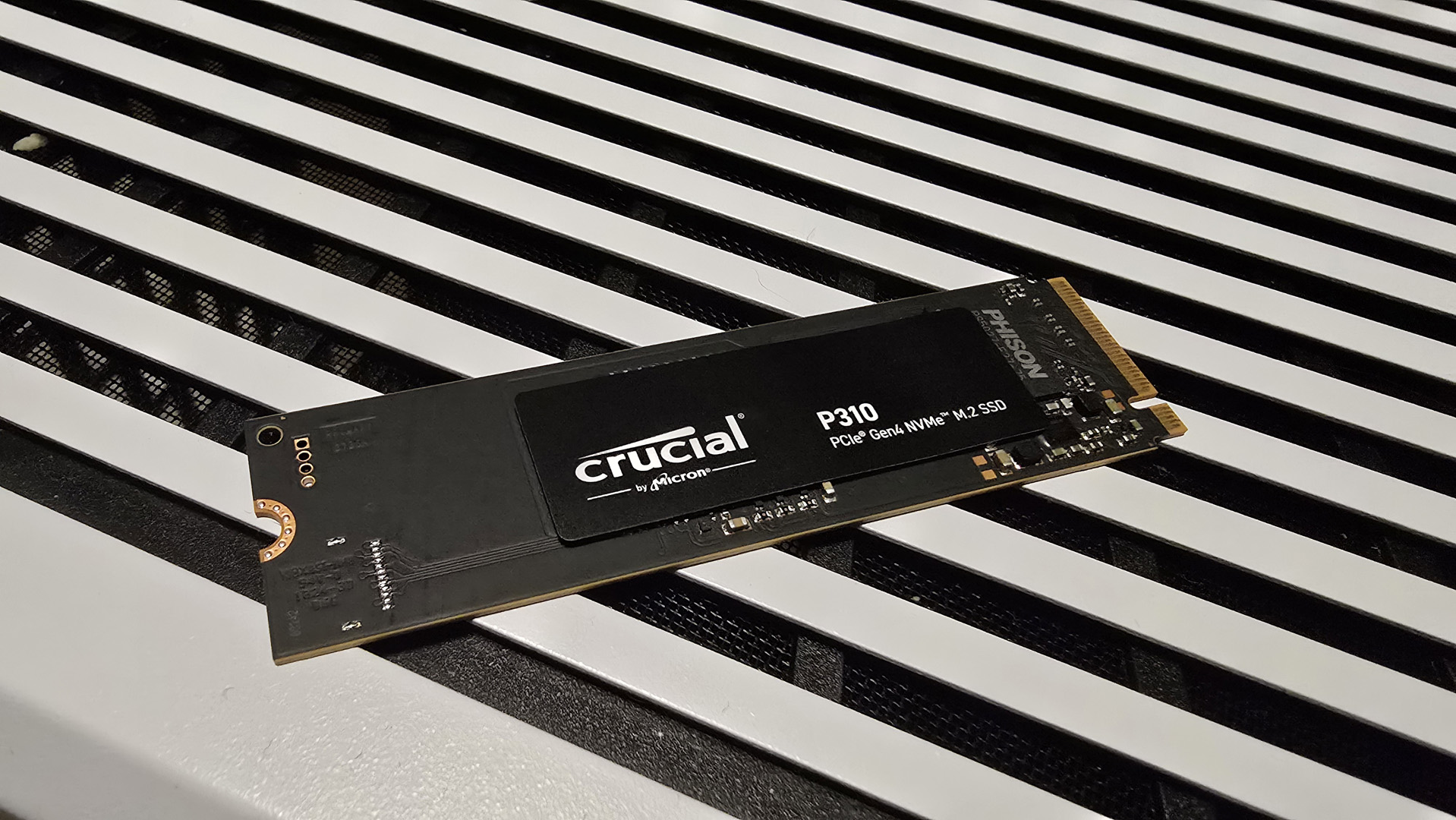Nvidia DLSS is now supported in VR, starting with No Man's Sky
Boost your framerates at high refresh in virtual reality with DLSS.

Nvidia is bringing Deep Learning Super Sampling (DLSS) to virtual reality. The framerate-boosting technology has already worked wonders in delivering higher frame rates to desktop gaming and now has its sights set on demanding PC VR games.
The first VR games to support DLSS are:
- No Man's Sky
- Wrench
- Into The Radius
Nvidia claims you can double performance in No Man's Sky at the Ultra graphics setting when using DLSS in VR mode. In Wrench, you're looking at an 80% increase, while Into The Radius is apparently a much more pleasurable experience with DLSS enabled.
That's what Nvidia says, anyways.
I can attest to the technology's ability to improve performance with a negligible to low impact on visual fidelity on desktop, at least. Assuming the same goes for VR, there really doesn't seem to be all that much reason to keep DLSS disabled nowadays, at least not with the latest DLSS 2.0/2.1 versions.

Best VR headset: which kit should you choose?
Best graphics card: you need serious GPU power for VR
Best gaming laptop: don't get tied to your desktop in VR
If you're struggling to play games in VR without lowering the graphics preset, potentially killing the immersion a little, perhaps it's time to check out DLSS then. Nvidia RTX graphics card pending, of course. This feature doesn't work with AMD GPUs, but AMD is planning an open alternative in FidelityFX Super Resolution.
This could prove especially useful if you're eyeing up the Oculus Quest 2's new, experimental 120Hz refresh rate via your desktop, or the Valve Index's blisteringly fast 144Hz refresh rate. Both of which require a fairly juiced GPU for a nausea-free experience.
The biggest gaming news, reviews and hardware deals
Keep up to date with the most important stories and the best deals, as picked by the PC Gamer team.

Jacob earned his first byline writing for his own tech blog. From there, he graduated to professionally breaking things as hardware writer at PCGamesN, and would go on to run the team as hardware editor. He joined PC Gamer's top staff as senior hardware editor before becoming managing editor of the hardware team, and you'll now find him reporting on the latest developments in the technology and gaming industries and testing the newest PC components.

